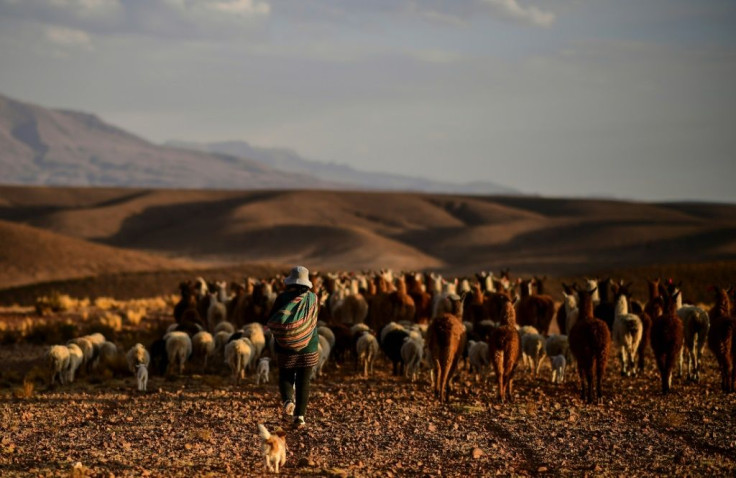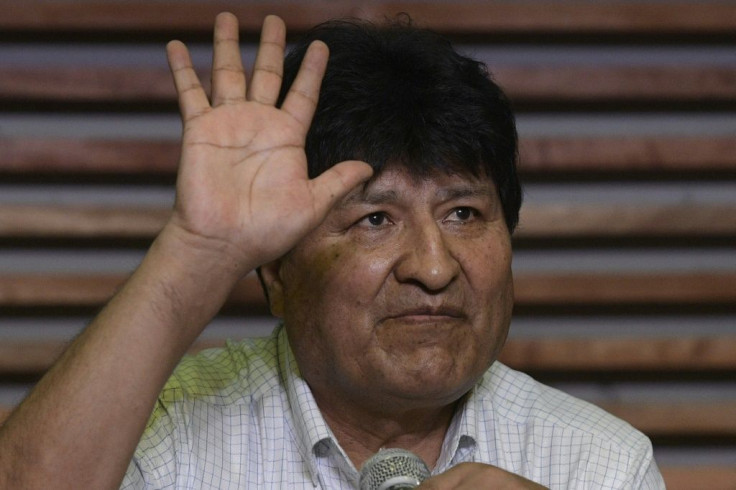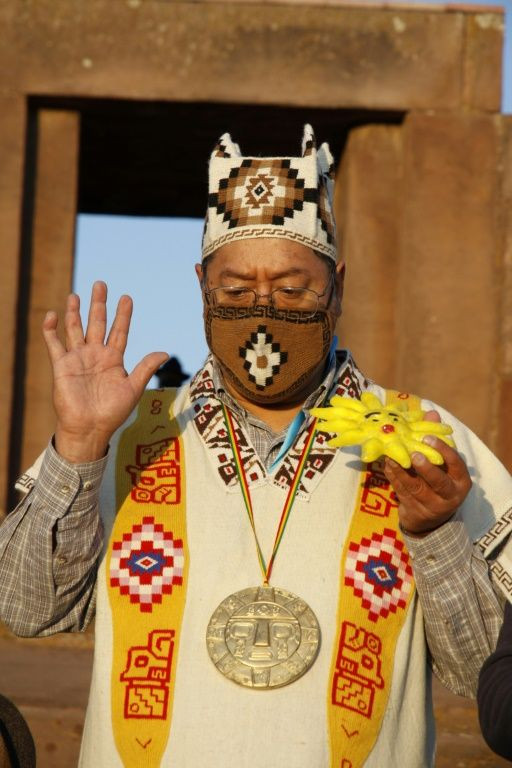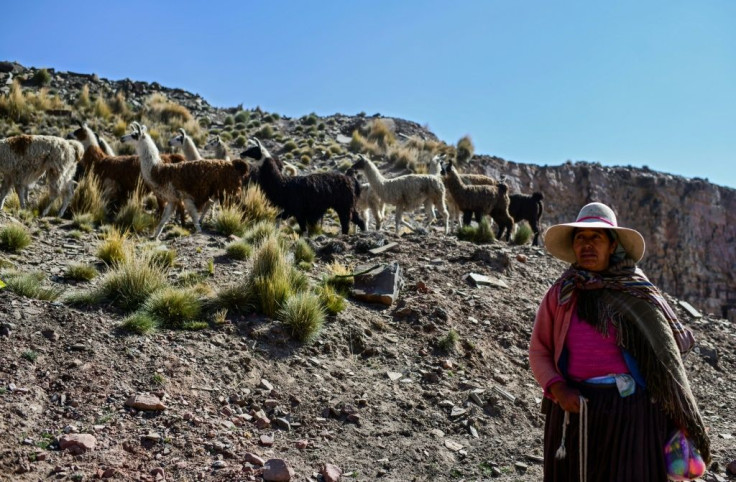Arce Assumes Bolivia Presidency With Morales Shadow Looming Large
Leftist economist Luis Arce assumes the Bolivian presidency on Sunday facing the challenge of uniting a polarized society and reactivating an economy ravaged by the coronavirus pandemic.
But perhaps his biggest challenge, according to analysts, will be to demonstrate that he really is in charge, and not simply a puppet being manipulated by former president Evo Morales, the dominant figure in the Movement for Socialism (MAS) party.

Arce must "consolidate his own legitimacy in the face of a figure as strong and with such an aggressive media as Evo Morales," political scientist Ximena Costa told AFP.
She said that from the first day, Arce will have to prove that Morales is not the true power behind the new government.
And he'll have to do so while juggling numerous other difficulties.

"The challenges for the next government are the reconciliation of a country in conflict and finding the solution to multiple crises," political analyst Carlos Cordero told AFP.
Bolivia's politics are hugely polarized between east and west, cities and the countryside.
And there are accusations of resurging racism and courts that serve the government rather than justice.

Morales drew great praise from at home and abroad for presiding over Bolivia's "economic miracle" -- with Arce as his finance and economy minister -- as the country's GDP increased from $9.5 billion to $40.8 billion a year and poverty reduced from 60 percent to 37 percent. But he was often lambasted for his authoritarian style.
It was that character trait that some said led him to ignore the constitution, and a defeat in a referendum to change the constitution, to twice stand for unconstitutional re-elections.
"Despite Luis Arce being a Morales minister for many years, there is hope that he will lead a government that doesn't return to the past, that isn't an authoritarian government like that of Evo Morales," said Cordero.

The Catholic Church has urged Arce to build bridges.
"Let's get rid of the ideologies that divide us, that confront and overwhelm us with fake polemics, racism, nationalism, regionalism and power struggles. Let's build a united society that respects our diversity," the Catholic Church said in a statement.'
One difficulty Arce will face even before trying to unify the country will be to overcome internal divisions within MAS, between moderates and others hoping to bring Morales back to power.
That internal struggle was evident in wranglings over when Morales would return from exile in Argentina -- where he's been for a year since resigning as president and fleeing the country following three weeks of protests at his controversial re-election late last year.
He won't attend Arce's inauguration, but will return to Bolivia on Monday.
The return of Morales will be "a headache for the new government," said Costa.
It wanted "to establish an internal agreement (within MAS) so that Evo Morales wouldn't return to the country for some time as that would weaken the new government, wear them down and make them look like puppets and not leaders," said Costa.
The other major challenge is to rescue the economy.
There are high hopes that Arce, 57, could pull off another miracle but last time Bolivia benefited from high prices for primary raw materials.
This time the new administration is faced with an economy projected to shrink by more than six percent this year, with a fiscal deficit of nine percent, increasing debt, diminishing tax revenue and dwindling reserves.
© Copyright AFP 2024. All rights reserved.





















